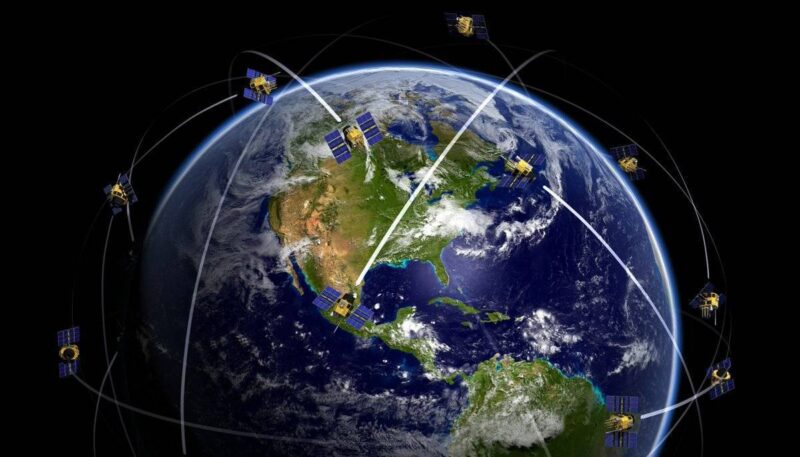In our increasingly connected world, satellite internet stands out as a pivotal technology, bridging the gap between urban and remote areas. Picture this: high-speed surfacing in the heart of the countryside, where traditional broadband withers.
Satellite internet holds the promise of fast connections and broad coverage, reaching users in even the most isolated corners of the globe. It offers an appealing proposition for those who crave reliable access to the digital realm, whether for work, education, or leisure.
Yet, beneath its shiny surface lies a complex interplay of speed, latency, and coverage that can greatly influence user experience. Understanding these factors not only illuminates the strengths of satellite internet but also sheds light on the challenges that still persist.
Let’s explore how this technology transforms lives, enabling connectivity where it was once just a dream.
The Impact of Latency in Satellite Internet

The impact of latency in satellite internet can significantly alter the user experience, often leading to frustration, especially for activities requiring real-time interaction. Latency, primarily caused by the long distances signals must travel to and from satellites in orbit, can range from 600 milliseconds to over a second, making tasks like online gaming or video conferencing a challenge. Picture this: you’re in a heated game, adrenaline pumping, and suddenly, a lag disrupts your gameplay, causing delays in response time, potentially costing you the match.
Furthermore, streaming videos can become an exercise in patience, with buffering storms appearing just as you’re settling in for your favorite show. Although satellite internet offers remarkable coverage in rural and remote areas, where traditional broadband fails to reach, its inherent latency remains a pivotal factor that users must consider.
Ultimately, understanding this delay is essential, as it shapes not just connectivity but the overall satisfaction with satellite internet services.
Coverage Benefits of Satellite Internet

One of the standout advantages of satellite internet is its unparalleled coverage, reaching remote and rural areas where traditional broadband services often falter. Unlike DSL or cable, which rely on extensive ground infrastructure, satellite internet beams signals from space, overcoming geographical barriers like mountains, forests, and vast open plains. This expansive reach makes it a lifeline for users in secluded regions, empowering them with access to essential online services—be it for business, education, or communication.
Consequently, individuals in the most isolated corners of the globe can now stream content, engage in video calls, and work from home, all thanks to the remarkable capabilities of satellite technology. Its not just about connection; its about inclusivity, ensuring that even the most distant communities can participate in our increasingly digital world.
Balancing Speed and Latency in Satellite Internet
Balancing speed and latency in satellite internet is a complex dance between performance and practicality. On one hand, satellite connections are designed to deliver high-speed data, enabling users to stream videos, play online games, and browse the web with relative ease.
Yet, the inherent nature of satellite technology—transmitting signals over vast distances—introduces a delay, commonly known as latency. This delay can be particularly noticeable during real-time applications like gaming or video conferencing, where split-second decisions and responses are critical.
Striking a balance often means understanding the specific needs of users; for instance, a casual streamer might tolerate a bit of latency for the sake of faster download speeds, while an avid gamer may prioritize low latency even if it means sacrificing some speed. As satellite internet technology evolves, service providers are working tirelessly to minimize these delays, striving for a seamless online experience that meets diverse user demands without compromising on either front.
Conclusion

In conclusion, satellite internet offers unique advantages in terms of speed, latency, and coverage, making it an increasingly viable option for users in remote or underserved areas. While it may not match the speeds of traditional broadband in urban settings, advancements in satellite technology have significantly improved performance, bridging the digital divide for many.
As you consider your options for internet connectivity, its essential to weigh these benefits along with your specific needs. For a more in-depth understanding of satellite internet and its potential to enhance your online experience, be sure to read more about satellite internet companies in this field.


